#Zar Amir Ebrahimi
Text
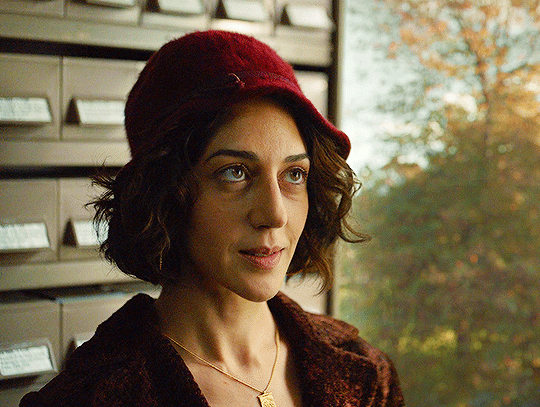



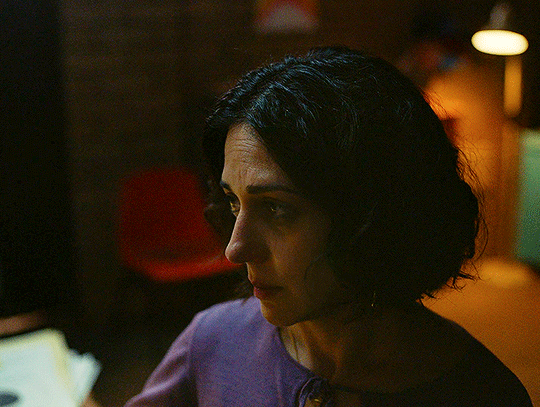
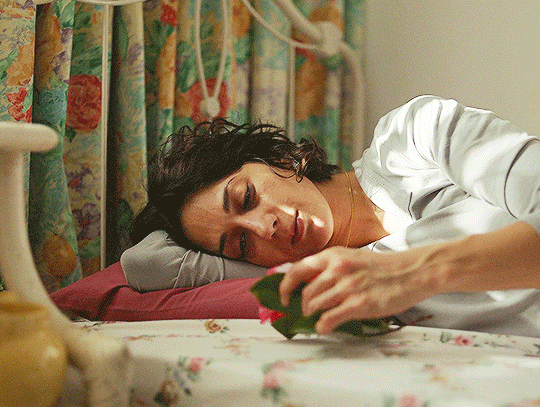

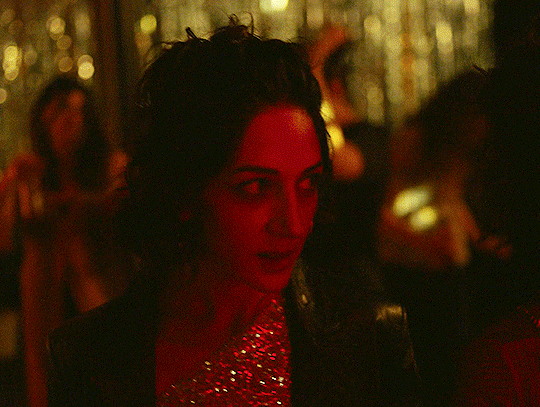
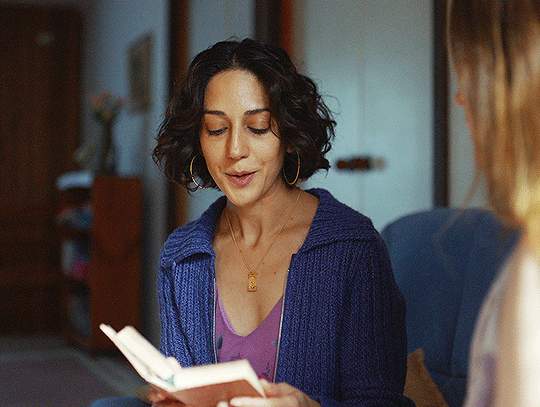


Zar Amir Ebrahimi in Shayda (2023, Noora Niasari)
#zar amir ebrahimi#an excuse to stare at her for 2 hours. time well spent hello?#shayda#shayda 2023#noora niasari#dailyworldcinema#filmedit#filmgifs#cinemasource#women directors#gifs#ok my love is shortlived. just found out who else she worked with last year.... oh 3 days of blissful ignorance
124 notes
·
View notes
Photo
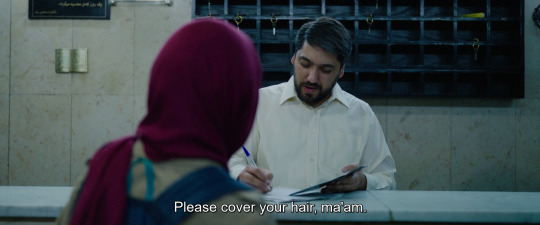
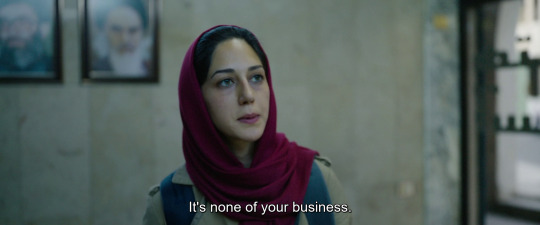
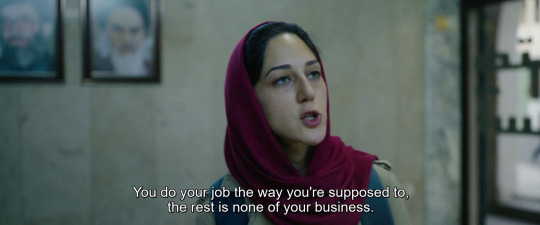
Ali Abbasi - Holy Spider (2022)
173 notes
·
View notes
Text
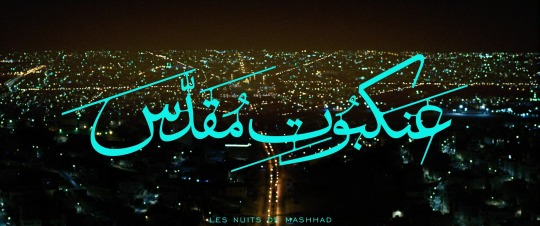

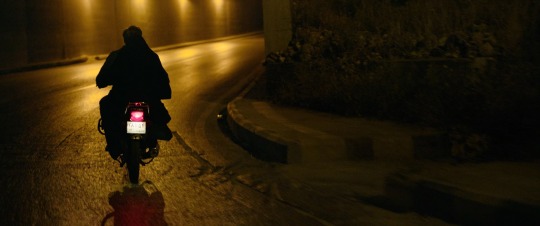
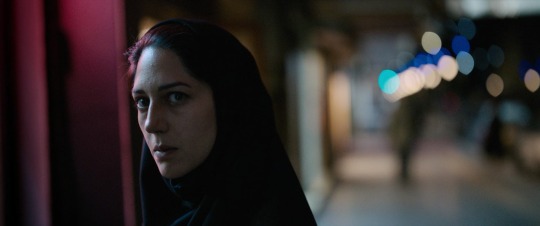
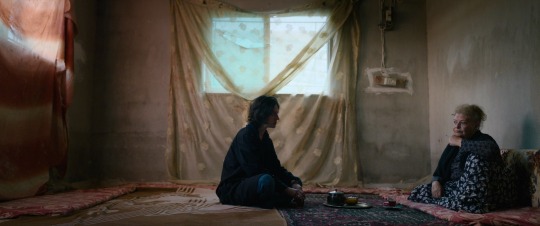

Holy Spider (2022)




Director - Ali Abbasi, Cinematography - Nadim Carlsen
#scenesandscreens#holy spider#ali abbasi#Nadim Carlsen#mehdi bajestani#zar amir ebrahimi#Arash Ashtiani#Forouzan Jamshidnejad#Sina Parvaneh#Nima Akbarpour#Mesbah Taleb#Firouz Agheli#Sara Fazilat#Alice Rahimi#spider killer
79 notes
·
View notes
Photo

#Zar Amir Ebrahimi#Golshifteh Farahani#iranian#actress#zar#golshifteh#women life freedom#women's right activist
42 notes
·
View notes
Text
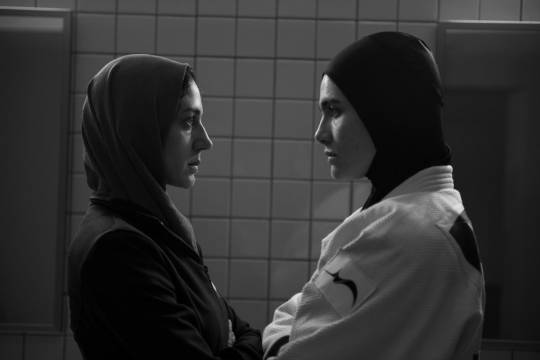
Zar Amir e Arienne Mandi in Tatami (2023) dir. Guy Nattiv e Zar Amir
2 notes
·
View notes
Text


I have never fancasted a thing in my life but there's a heist movie starring Zar Amir Ebrahimi and Kōji Yakusho that needs to be made.
2 notes
·
View notes
Photo
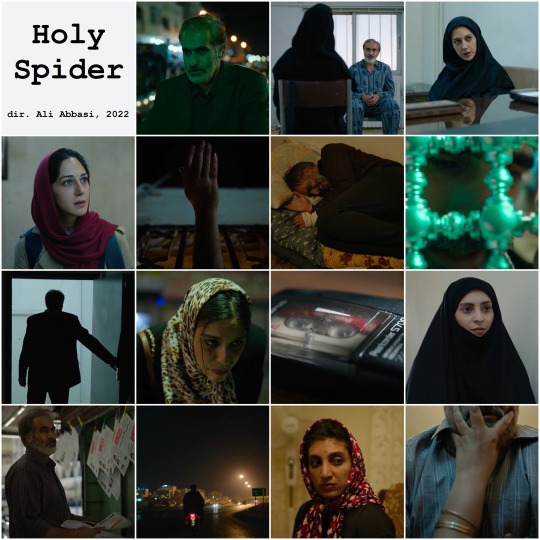
Holy Spider
directed by Ali Abbasi, 2022
#Holy Spider#Ali Abbasi#movie mosaics#Mehdi Bajestani#Zar Amir Ebrahimi#Alice Rahimi#Forouzan Jamshidnejad#Ariane Naziri
20 notes
·
View notes
Photo
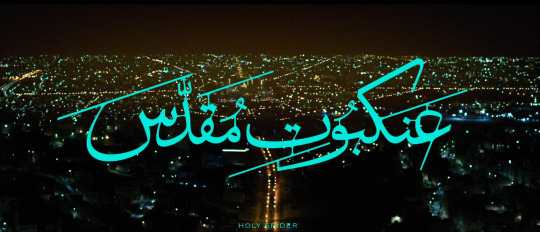
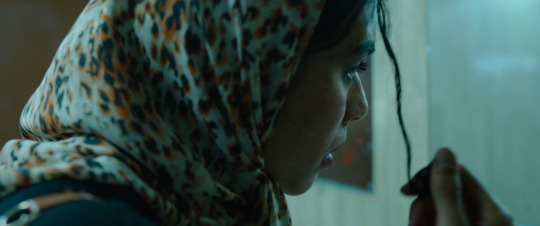
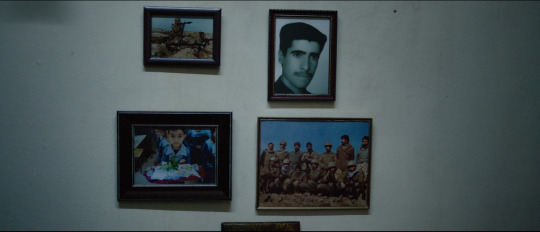

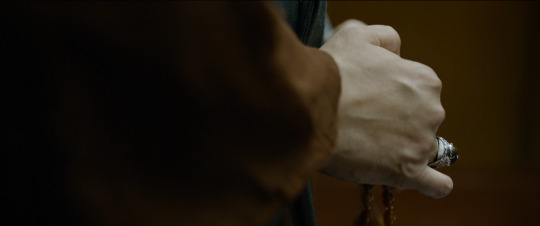
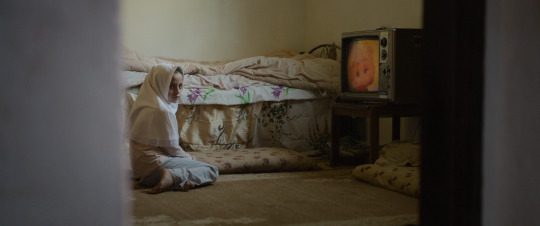
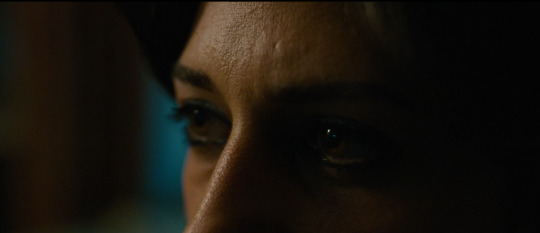
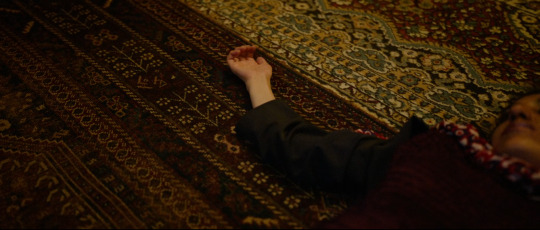
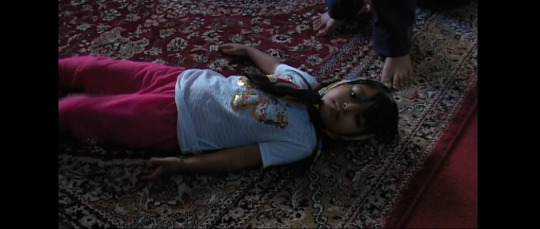
14 notes
·
View notes
Photo
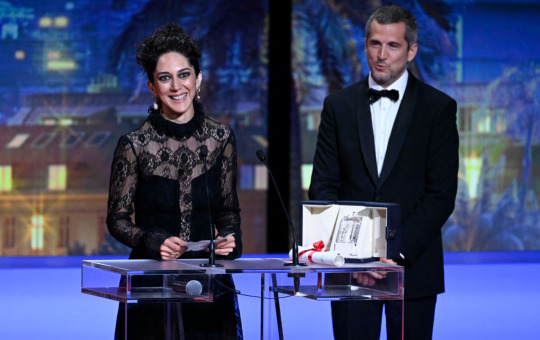
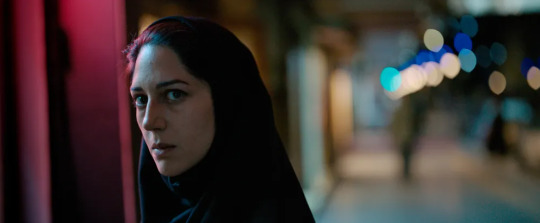
AWARD FOR BEST ACTRESS
ZAR AMIR EBRAHIMI
HOLY SPIDER (Ali ABBASI)
#75th cannes#cannes 2022#75th Festival de Cannes (2022)#zar amir ebrahimi#award for best actress#holy spider#عنکبُوت مُقدّس
40 notes
·
View notes
Text
TIFF 2022: Day 6
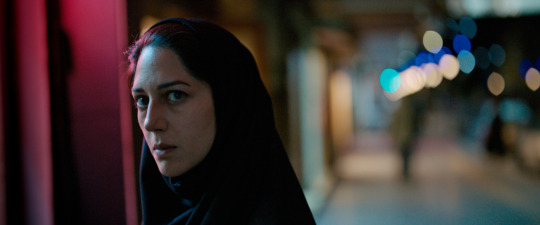
Films: 3.5
Best Film Of The Day: Holy Spider
Joyland: A Pakistani film from Saim Sadiq that suggests the path to self-knowledge and acceptance can be paved with chunks of broken glass and razor wire. Hader (Ali Junejo) is an unassuming man, living at home with his wife, Mumtaz (Rasti Farooq) who works at a makeup salon, and the rest of his extended family, including his overbearing father, and domineering older brother, his wife, and their many children. Given an opportunity for a job working as a back-up dancer for the Trans performer Biba (Alina Khan), who performs routinely at a nearby nightclub, Hader jumps at the chance before he quite knows what he’s doing (or can even dance, particularly). To his astonishment, however, he finds not only that he enjoys performing, he also falls pretty hard for Biba, of whom he feels far more passion than for his wife of nearly a decade. When Mumtaz unexpectedly gets pregnant, it throws Hader’s new lifeplan into a Cuisinart, as well as making the already criminally unfulfilled Mumtaz feel even more trapped in a world she wants no part of. As Biba and Hader’s relationship grows into something more dangerous, the entire family is forced to reevaluate their place together. Sadiq has created a compelling narrative that speaks eloquently to the idea of repression, be it political, sexual, or familial, and the ways we are held back from actually achieving self-fulfillment (by the end, the best example of such freedom is exemplified by Biba, a woman loathed and mocked nearly everywhere she goes, save for the nightclubs she performs in), as dangerous a notion in such a rigid society as a hand gernade.
Empire of Light: To be fair, I had to leave Sam Mendes’ would-be opus about twenty minutes before it came in to a landing (the late-starting screening time forced me to choose between finishing this one or seeing the new Koreeda — and it was pretty clear to me which was the better bet), but to speak briefly as to the sections I watched, it felt a good deal like the sort of heavy-handed, Big Picture drama designed to get attention come awards time. Set in 1980, at a grand cinema on the coast of southern England, it offers us Hilary (Olivia Colman), a sweet-minded woman with a schizophrenia diagnosis, who diligently works at said cinema, running the concessions for a stuffed-shirt manager (Colin Firth), who nevertheless invites her regularly into his office for closed-session nookie. She befriends the newest employee, a handsome Black usher named Stephen (Michael Ward), a relationship that eventually turns romantic. Amidst the political uproar at the time (the rise of Thatcherism, and with it, the accompanying xenophobic rage that fueled many a race riot), Hilary ‘s condition begins to worsen after dropping her Lithium prescription, which leads to — one supposes — a rising dramatic climax as all of her relationships come under the purview of her disease. Just how those things all reseove themselves, I cannot say, but it was pretty clear what Mendes is going for here (including a special paeon to cinephiles with his romanticizing of the old Big Movie Houses, with marquees touting the arrival of films from Stir Crazy to Raging Bull). It wouldn't be the first such film to gun so unapologetically for an Academy Award, but it doesn’t make it any more worthy.
Broker: It’s sort of curious that Hirokazu Koreeda, a director known for his penchant for ramshackle, thrown-together families in his films (see Shoplifters), takes as his lovable protagonists for this one a pair of child traffickers and the mother who abandoned her months-old son to them. To be sure, we are meant to sympathize with them — from their perspective, Sang-hyeon (Song Kang-ho), the ‘mastermind’ and his assistant, Dong-soo (Dong-won Gang), are doing a helpful, righteous thing, taking sad childless parents and the offloaded offspring of overwhelmed young mothers, and combining them into a loving match (nevermind the nature of the transaction, where they stand to make large sums of money on the black market) — and see that deep down they aren’t bad people, but Koreeda’s ability to make humorous and charming out of scallywags feels a bit more dicey on this occasion. As affable and likable as he seems, Sang-hyeon has a young daughter of his own he more or less abandoned to her mother, seemingly in favor of the reject bunch he’s spending time with now. Koreeda is able to make a better case for the baby’s mother, So-young (Ji-eun Lee), a young woman forced into prostitution by an uncaring older woman manager, whose baby son is the progeny of a high-ranking Korean mafia don. She begins as some sort of monster — a woman who leaves her helpless baby outside a drop box in the middle of the night — but gradually becomes more sympathetic as we gather more details about her story. Like Raising Arizona, the baby is treated like some kind of Maltese Falcon, the singular plot element that powers the rest of the film’s universe. In addition to the traffickers, the mother, and a young kid (Seung-soo Im) they inadvertently pick up from the orphanage, the group is also enjoined by a pair of cops (Bae Donna and Lee Joo-young), who are trying to snare them in a sting operation. It’s all well-done, with a kind of rollicking energy (never quite dipping into farce, but presenting a world in which most people seem basically decent and generous in nature), but it doesn’t hit the more transcendent notes of some of his best work.
Holy Spider: There is a lot of darkness in Ali Abbasi’s Iranian serial killer picture, the kind of ink-black shadows that permeate the frame and fill you with dread. For good reason, it turns out. Based on real events that took place in the city of Mashhad at the turn of the 21st century, the film follows the investigation of a serial killer known as the Spider, a construction worker named Saeed (played here by Mehdi Bajestani), who wages a one-person jihad against the women who walk a desolate section of the city at night as sex workers. He strangles them with their own neck scarves and dumps their bodies where they can be easily found (to this end, he also calls the crime editor of the local paper after each murder to let him know where the body has been deposited). He wants the murders well-documented because he’s after the attention and reverence given to martyrs for his unholy fatwa. After ten bodies are found over a period of nearly half a year with no progress made by the (likely corrupt, certainly unmoved) police department, Rahimi (Zar Amir Ebrahimi, in a role that earned her Best Actress at Cannes), a female journalist from Tehran arrives to help cover the case. Living under the tight regime of the “morality police” — she is first unable to get her hotel room as a single female until she reveals her profession — she must contend with far more than the investigation, including the shameful behavior of the police chief, a smarmy man who seems to have little interest in the case itself, beyond giving him the opportunity to menacingly hit on her. With no progress otherwise, Rahimi decides the best course of action is to put garish levels of makeup on her face and use herself as bait (with her editor meant to watch after her carefully from nearby) in order to lure the Spider into making a move. Harrowingly enough, that turns out to be an effective strategy, such that the last act of the film is the criminal trial for the captured killer, resulting in his final sentence. Curiously, Abbasi chooses to focus a large portion of screentime to the killer, and his loving family, humanizing him in a way that makes his desperate bid for martyrdom that much more horrific. We come to know a fair amount more about him than the steely Rahimi, who has come to this situation after an altercation with her former editor, who tried to blackmail her into sleeping with him. There is much made of the Spider’s eventual notoriety — naturally, many of the conservative factions in the city find in him a hero, ridding the world of the “filth” of women walking the streets, as opposed to the men who engage their services — such that it’s difficult to watch it and not think about similar American figures (e.g. Kyle Rittenhouse, exonerated and celebrated for murdering two liberal dissenters in more or less cold blood). The vision of the city is unrelentingly grim — for every killer brought to justice, one supposes there are many more who go about their business unfettered by the disinterested judicial system — and the prospect of justice under such a repressive regime nearly impossible. One killer might have been captured but there are many more, including Saeed’s own teen son, who comes to admire his father’s “work,” ready to take his place at a moment’s notice.
Wherein the author contemplates this year’s offerings and the past decade of covering this fabulous film festival, as he’s poised to embark on a new career path that will more than likely involve him standing up in front of a group of sullen teens, espousing the glories of the Russian masters, rather than taking in a beatific week of international cinema in the early days of September.
#sweet smell of success#piers marchant#ssos#movies#films#toronto international film festival#TIFF#2022#holy spider#ali abbasi#Zar Amir Ebrahimi#joyland#broker#hirokazu koreeda#song kang ho#empire of light#sam mendes#olivia colman
16 notes
·
View notes
Text

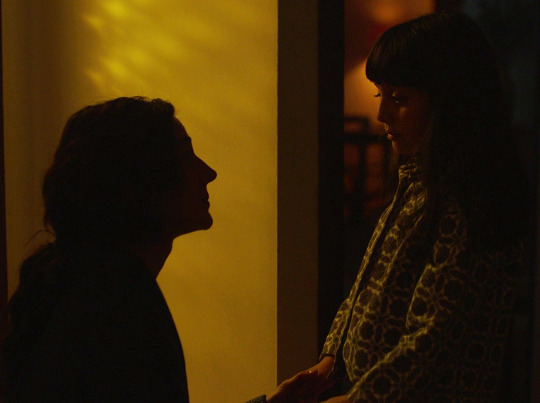

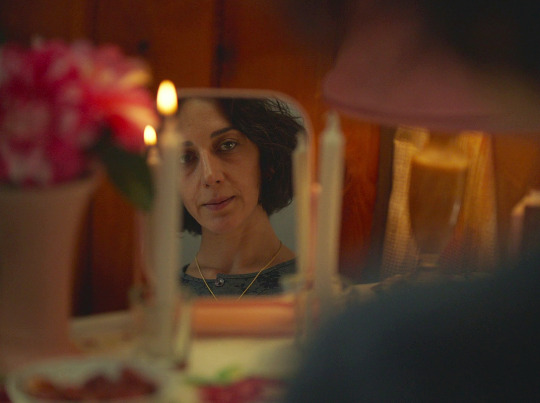

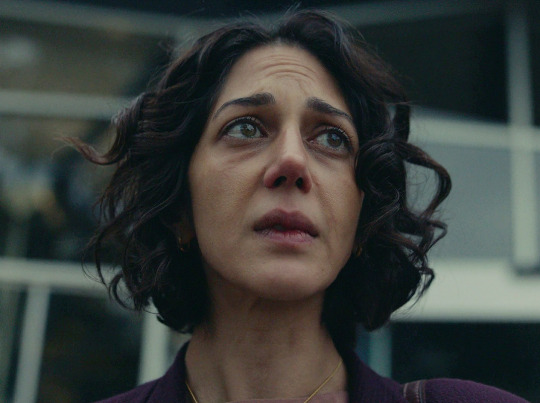






Shayda (2023), directed by Noora Niasari
Shayda and her six-year-old daughter find refuge in an Australian women's shelter during the two weeks of the Iranian New Year. Dir. Noora Niasari's feature-length debut is inspired by her mother's and her own experiences.
#shayda#shayda 2023#noora niasari#zar amir ebrahimi#is so <3333#dailyworldcinema#women directors#filmedit#screencaps#post#remind me to gif when i cannn
137 notes
·
View notes
Photo

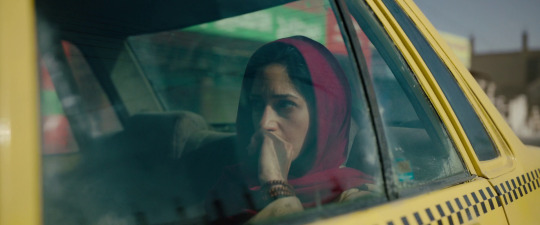
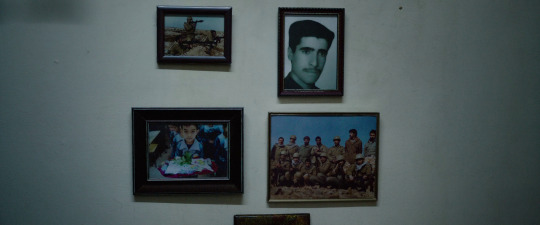
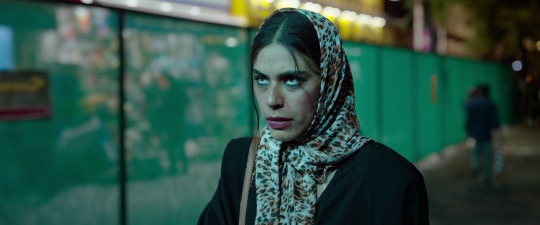
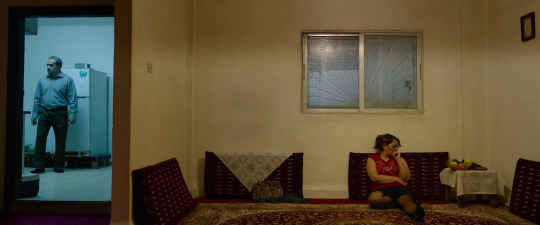

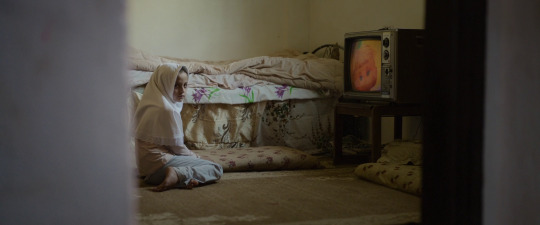
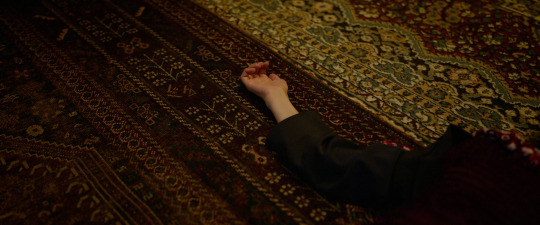
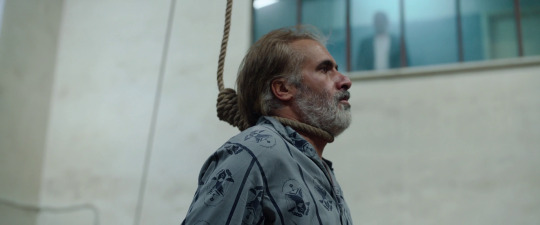
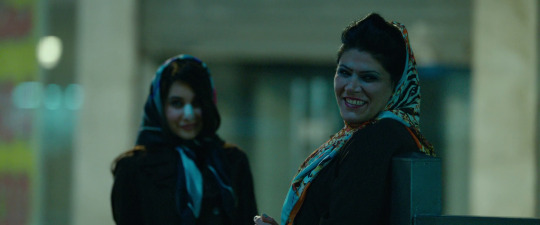
Ali Abbasi - Holy Spider (2022)
151 notes
·
View notes
Text
Holy Spider - LFF 2022
Holy Spider (عنكبوت مقدس)
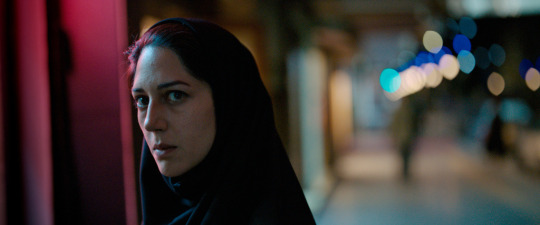
[BFI London Film Festival 2022]
Denmark, Germany, Sweden, France
116 Min
Director: Ali Abbasi
Cast: Zar Amir-Ebrahimi, Mehdi Bajestani, Arash Ashtiani, Forouzan Jamshidnejad
A journalist descends into the dark underbelly of the Iranian holy city of Mashhad as she investigates the serial killings of sex workers by the so-called "Spider Killer", who believes he is cleansing the streets of sinners.
Directed as a classic true-story crime thriller, you might easily watch Holy Spider and think about other serial killer films like Zodiac but the similarities end there. Ali Abbasi wanted the audience to get inside the mind of the serial killer (played by Mehdi Bajestani), his life, his family, his mental issues, and above all, his aspirations to be seen and remembered whereas Rahimi (Zar Amir-Ebrahimi) dreams about normalcy and a world where women could just be journalists without being judged.
When the film introduces us to Rahimi, played superbly by Zar Amir-Ebrahimi, checking in at her hotel with difficulties, Holy Spider states the hypocrisy and the inequalities facing women daily. Being single, wearing the hijab loosely with visible hair, or even sharing a cigarette with a man, are many ways to get attributed the wrong label. And reputation is key to the country's culture. Good or bad, it travels fast.
Gender matters heavily with an unbalanced scale. It's very hard to watch the killing scenes but they are necessary to understand that women are strangled every day in Iran by an oppressive regime and an unequal society.
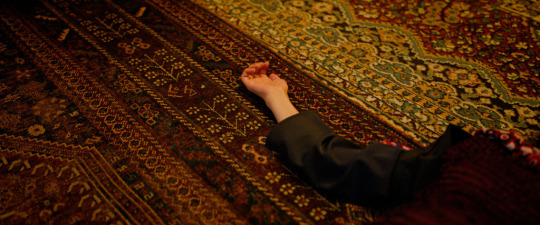
Holy Spider depicts important issues such as the women's condition, mental issues in the country, and the culture itself in Iran and in Iranian Kurdistan. Mental problems are taboo in Iran and are usually hidden to keep the family's reputation intact and avoid shame. Many times in the film, Trust is violated, lies are told by family members, and the Police and it's clear that Truth has no place in Iran but Money does. At every dark turn, money is buying silence and scandals which unfortunately is the main currency in Iran. Money can buy everything, even your own family.
Holy Spider is a shocking and important film that resonates, even more, with the Amini Revolution happening now in Iran.
Note B
youtube
#news#review#critique#holy spider#zar amir ebrahimi#Ali Abbasi#festival#bfi london film festival#lff#bfi#thriller#Youtube
2 notes
·
View notes


